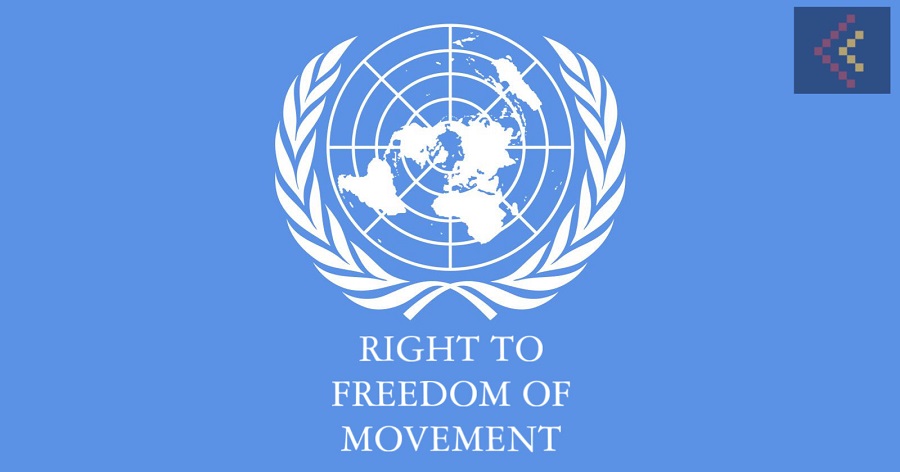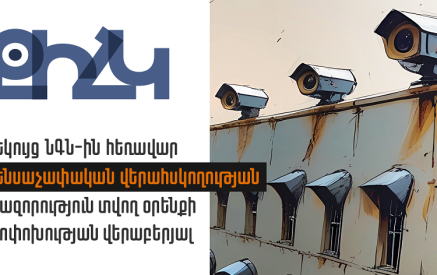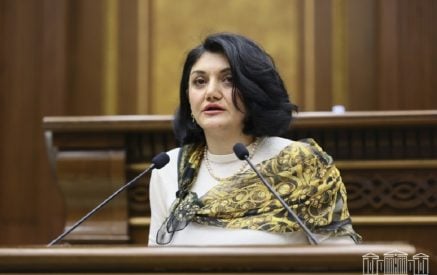Fundamental Human Rights: The Right to Freedom of Movement
The right to freedom of movement is one of the fundamental human rights. It is a prerequisite for the realization of personal freedoms; without it, people are deprived of the opportunity to fully exercise their rights to education, work, healthcare, culture, and political participation.
Article 13(1) of the 1948 United Nations Universal Declaration of Human Rights states that “Everyone has the right to freedom of movement and residence within the borders of each state.” Article 13(2) further states that “Everyone has the right to leave any country, including his own, and to return to his country”.
Article 12 of the 1966 United Nations International Covenant on Civil and Political Rights stipulates that “Everyone lawfully within the territory of a State shall, within that territory, have the right to liberty of movement and freedom to choose his residence”.
No one shall be arbitrarily deprived of the right to enter his or her own country.
The exercise of the right to freedom of movement has particular significance in the context of the rights of refugees and displaced persons, since restrictions on it lead to the deprivation or limitation of numerous related freedoms.
Read also
An approach has been developed in UN courts and committees that arbitrary deprivation of the right to enter one’s own country is prohibited at the level of customary law and, therefore, is binding on all states.
Nagorno-Karabakh Refugees Human Rights Union

























































